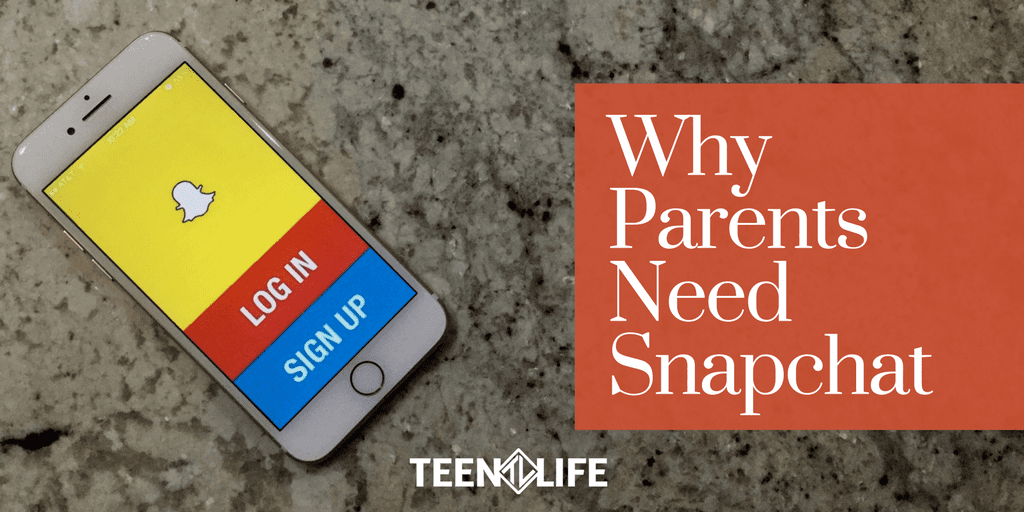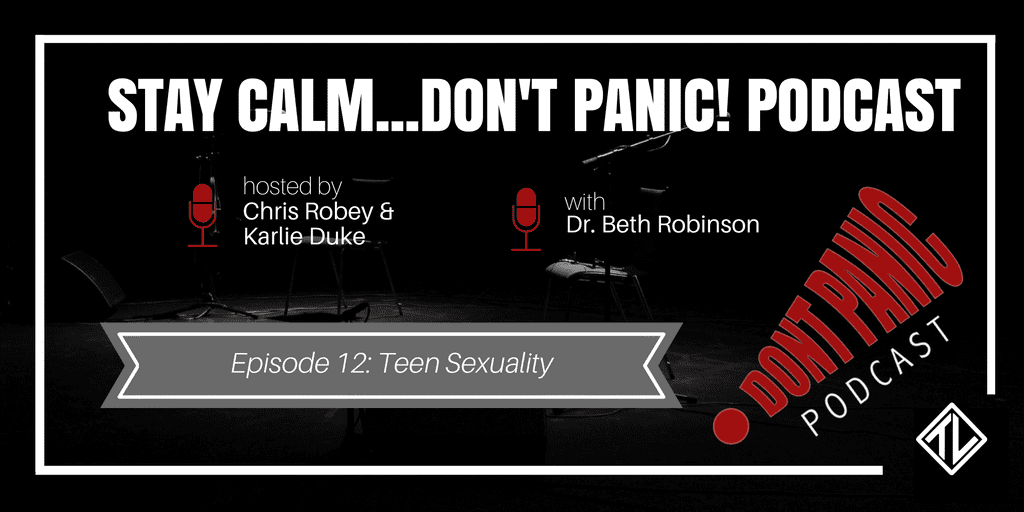
Why Parents Need Snapchat
You need Snapchat. Or Facebook. Or Instagram. Or Twitter. Or all of them if you are a real overachiever!
Before you get your defenses up about how you’re too old for Snapchat or how you can’t stand the rants people post on Facebook or how you don’t understand the draw of Twitter, hear me out! If we want to know more about teenagers and their culture, we need to be where they are. And they are on social media all the time. According to Pew Study in 2015, 92% of teens say that they go online daily while 24% of those teenagers are online “almost constantly.”
For these teenagers, social media is not just an app or a hobby, it is their social life. It is where they connect with friends, find out about the latest gossip, watch the video everyone will be talking about tomorrow, flirt with the opposite sex and define their social status through likes and followers.
Earlier this week in one of our Support Groups, I was talking to a boy who was about to go back to his home campus and leave our group. When he asked how we could stay in touch after the group, his first question was not, “What’s your email?” or “Could I have your phone number?” No. The question he asked was, “Are you on Snapchat?”
Now, I could write an entire blog on setting social media boundaries with teenagers who aren’t related to you (and maybe I will soon!), but even though I am not going to connect with him on Snapchat, it is telling that it was his first step to connect outside of face-to-face interaction. To teenagers, where else would you go to talk? How else would you keep up with friends?
If social media is that important to our teenagers, then we need to be willing to go where they are. That doesn’t mean that you should write embarrassing things on their wall or post baby pictures that will cause social homicide, but being on the platforms they are on gives you credibility and something to talk about. It gives you insight into those “scary apps” that you hear about from other parents or mommy blogs and puts you in control of what platforms they are allowed to participate on. Before you knock Snapchat, try it! You might like seeing short videos and pictures throughout your teenager’s day. You’ll probably laugh at the goofy filters and voices they use. You might even find out a little more information about where they are and who they are spending time with.
Social media can be a good thing both for teenagers and for parents, but we must take the fear and anxiety out of these apps. The easiest way to do that is to get informed! If you are still unsure about the whole social media thing, give this podcast with Sarah Brooks a listen, or find out more about Snapchat with this podcast!
I will make one note about social media interactions with those who aren’t your children: a safe rule is to make sure that your interactions with teenagers are public on social media – Snapchat might not be the best place to check in on teens of the opposite sex or to go back and forth with private snaps throughout the day. Keep Facebook interactions public and on their wall – maybe even wait for them to friend or follow you first! Above all, be smart about how you interact with teenagers in any situation, whether digital or not.
What apps are your teenagers using? What do you think about getting on these social media platforms yourself? Try it and let us know how it goes!





















